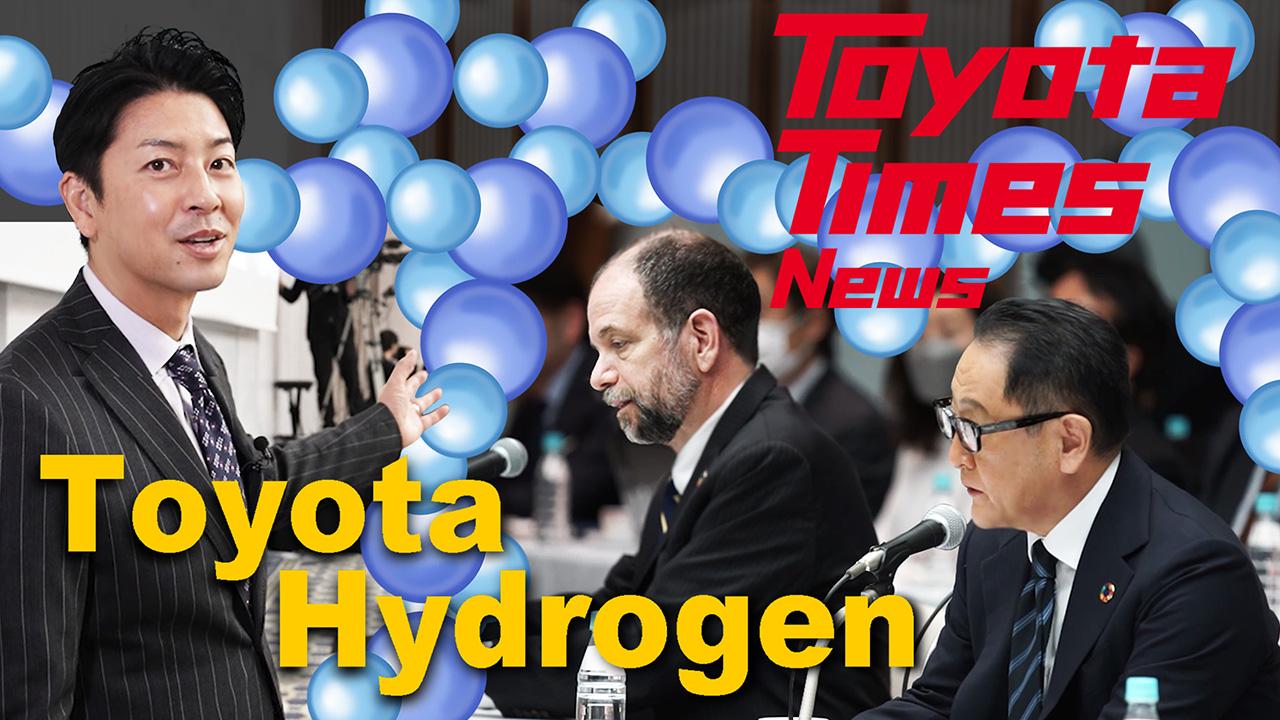
How is the world to wean itself off carbon? What is the potential for Japan's pursuit of hydrogen? Toyota's Chief Scientist Dr. Gill Pratt explains.

On this edition of Toyota Times News, Toyota Research Institute (TRI) CEO Dr. Gill Pratt visits the studio to recap two recent presentations at January’s World Economic Forum in Davos and February’s session of the Committee on Mobility.
In terms of pursuing carbon neutrality, Dr. Pratt emphasized that it is very important to “not let perfect be the enemy of good,” a saying commonly attributed to the French philosopher Voltaire.
This was his message to leaders in Japan and abroad. Dr. Pratt delved into the meaning behind these words, likening them to the Toyota philosophy that “we do not make perfect cars, we make ever-better cars.”
The World Economic Forum is where political and business leaders discuss current political and economic issues as well as climate change. The belief that BEVs (battery electric vehicles) are the only way to achieve carbon neutrality is deeply rooted among various countries, especially in Europe.
At the forum, Dr. Pratt stressed that “other electrified vehicles including plug-in hybrid vehicles (PHEVs), hybrid vehicles (HEVs), and fuel cell vehicles (FCEVs) all are part of the solution” and that “in a world of shortage, it is important that we spend our resources where they will do the most good.” A video shows the astounding impact on CO2 emissions when the battery capacity of a single BEV is divided among PHEVs or HVs.
In an interview after his Davos presentation, Dr. Pratt explained that completely zero-emission vehicles will take time, while “we must reduce CO2 as much as possible, as soon as possible.”
The program’s second half focuses on the state of hydrogen fuel development being pursued by Toyota, in collaboration with local governments and companies. Yuta Tomikawa delivers his report from a hydrogen production plant.
When the hydrogen-powered Corolla took to the track at the Super Taikyu race in July 2022, it did so with fuel produced in Fukuoka City.
The city is partnering with Toyota to work towards a hydrogen society. These efforts include an unusual production facility that Fukuoka Mayor Soichiro Takashima views as “a potential treasure.” Yet when Tomikawa visited the facility, the look on his face became increasingly pained. The reason? You’ll have to see for yourself.
The program also features footage of Japan’s first geothermal hydrogen production developed by Obayashi Corporation in Oita Prefecture. Fuel produced here powers the hydrogen-engine Corolla, a project that Obayashi’s Senior General Manager Tsuyoshi Ito says, “We are really excited to support.”
We hope this gives a taste of the growing excitement around hydrogen.
00:30 Discussing decarbonization with Dr. Pratt
01:03 Committee on Mobility
04:47 Davos Forum
08:00 Dr. Pratt’s post-Davos interview
11:35 How to use limited resources effectively
12:33 Solutions tailored to every individual
15:06 “Don’t let perfect be the enemy of good.”
17:51 Hydrogen fuel production efforts
28:08 Many ways to climb the mountain

